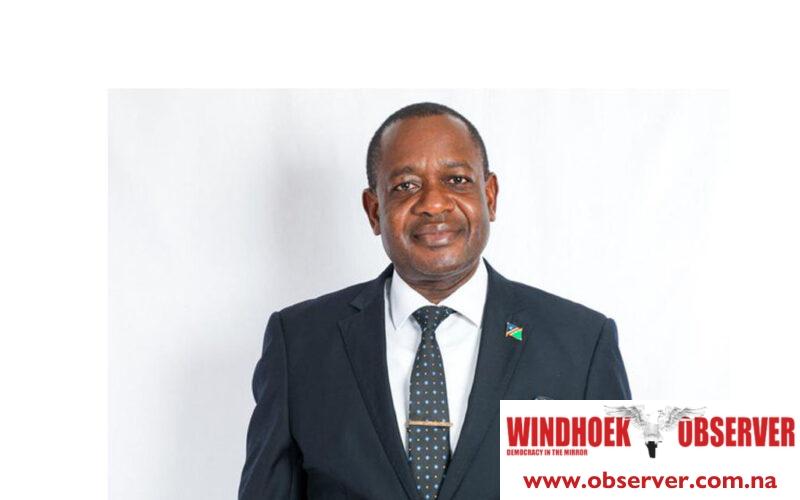Niël Terblanché
The Namibian Government has taken a firm stand by urging the global community to lift the economic sanctions imposed on Zimbabwe by the United States of America.
These sanctions, initially aimed at penalizing certain individuals within Zimbabwe’s government for alleged corruption and human rights abuses, are now being criticized for their broader, adverse effects on the country’s economy and its ripple effects across the Southern African Development Community (SADC).
Dr Peya Mushelenga, Namibia’s Minister of International Relations and Cooperation, vocalized the region’s concerns and stated that the sanctions have outgrown their purpose and are now counterproductive.
According to Mushelenga, these measures are not only hampering Zimbabwe’s economic potential but are also causing significant spillover effects that threaten the economic stability of the entire SADC region.
The criticism of these sanctions comes in light of recent actions by the U.S. government, which introduced new sanctions against Zimbabwe’s President Emmerson Mnangagwa and other high-ranking officials, accusing them of corruption and human rights violations.
The Zimbabwean government, vehemently denied these accusations, labeling the U.S.’s statements as defamatory and a slander to both its leadership and citizens.
George Charamba, Deputy Chief Secretary in President Mnangagwa’s communications team, has demanded the U.S. to provide evidence supporting their claims or to retract them unconditionally.
This international dispute has drawn attention to the complexities of imposing sanctions, with Zimbabwe and its allies arguing that such punitive measures have contributed to the country’s ongoing economic challenges, including hyperinflation and high poverty levels.
The U.S., however, maintains that the sanctions are targeted and do not constitute a blanket trade blockade.
The fresh sanctions introduced by the U.S. are set to block assets held by the targeted officials within the U.S. and restrict their travel to the country, further isolating Zimbabwe from potential international support and economic recovery.
Among those affected are key figures in Zimbabwe’s political and business spheres, such as the First Lady, Auxillia Mnangagwa, Vice-President Constantino Chiwenga, and Defence Minister Oppah Muchinguri.
As the debate over the efficacy and fairness of sanctions continues, Namibia’s call for dialogue and constructive engagement offers a potential path forward.
By advocating for a resolution through dialogue and cooperation, Namibia and the SADC region hope to pave the way for Zimbabwe’s reintegration into the global community and the lifting of measures that have, in their view, overstayed their welcome and effectiveness.




